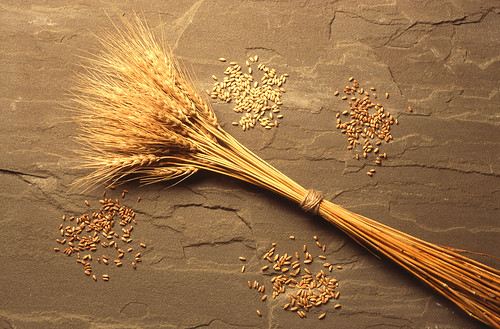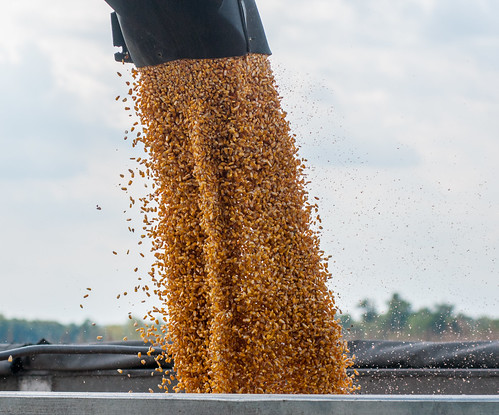
There’s certainly a lot of talk about trade this month at USDA. As the U.S. looks to expand connections with Asian nations, American ranchers, growers, and producers are also keeping an eye on potential economic dealings in the Caribbean.
I’m joining the discussion to shed light on how the Grain Inspection Packers and Stockyards Administration (GIPSA) plays a role in facilitating American grain sales into foreign markets and assuring those markets are maintained through its world-class service of weighing and inspection. First let me set the stage about recent events.
The Trans-Pacific Partnership (TPP) is coming up for a vote in Congress, and recently the International Trade Commission released a report forecasting that TPP will boost U.S. agricultural output by some $10 billion each year by 2032. In his final State of the Union speech in January the President noted that TPP will cut 18,000 taxes on American-made products and add jobs. The President also emphasized that it’s time to solidify our relationship with former adversaries and boost economic ties.
GIPSA’s Federal Grain Inspection Service (FGIS) plays a role in these expanded markets by helping move our nation's harvest into the marketplace through impartial inspection and weighing services of American grains, oilseeds, pulses and legumes. Farmers, handlers, processors, exporters, and international buyers continue to benefit from FGIS procedures and certifications that for more than 40 years have stood as a gold standard representing the quality of U.S. export grain.
Closer to our shores, Cuba is becoming a buzzword since reestablishment of diplomatic relations between our two countries and President Obama’s historic trip in March. Staff from the FGIS Office of International Affairs participated in a similar notable event on April 18, briefing a delegation from Cuba’s ministry of agriculture during their visit to Washington.
FGIS staff explained that as a regulatory agency, GIPSA facilitates shipments of rice, grain, and other commodities now scarce in Cuba, by providing accurate and consistent services for export trade. Since 1976 FGIS established a standard for quality assessments, regulating handling practices, and managing a network of federal, state, and private laboratories to provide impartial third-party inspection and weighing services.
Earlier this month, Agriculture Secretary Tom Vilsack returned to his home state and hosted Cuba’s minister of agriculture on a showcase tour of Iowa—the nation’s top producer of corn, soy, eggs, and hogs. The secretary was exploring market options for America’s farmers and ranchers, large and small. “I happen to think the future of American agriculture, and Cuban agriculture, is incredibly bright,” he said. The secretary also called for increased cooperation between U.S. and Cuban farmers.
Whether in English or Spanish, farmers speak about trade in a language that is universally understood. The Cubans naturally welcome a potential U.S. market for their organic mangoes, avocados, pineapples and papayas as much as American producers and ranchers are ready to sell their soybeans, rice, poultry and hogs to a country where food shortages are not uncommon. “The key here is making sure that we have legal and regulatory systems and market options so that big and small can be supported and enhanced,” said Secretary Vilsack during his visit with the Cuban minister last week.
As opportunities for new markets expand, GIPSA continues its role in expediting trade so that America’s farmers remain competitive in a global economy. Initiatives like TPP and improved relations with nations like Cuba, and along the Pacific Rim, set the right course to sustain our rural economies and enable more families to stay on the farm.
To learn more about how FGIS helps facilitate international grain sales please visit the new GIPSA website and view our Harbor to Harvest video.




